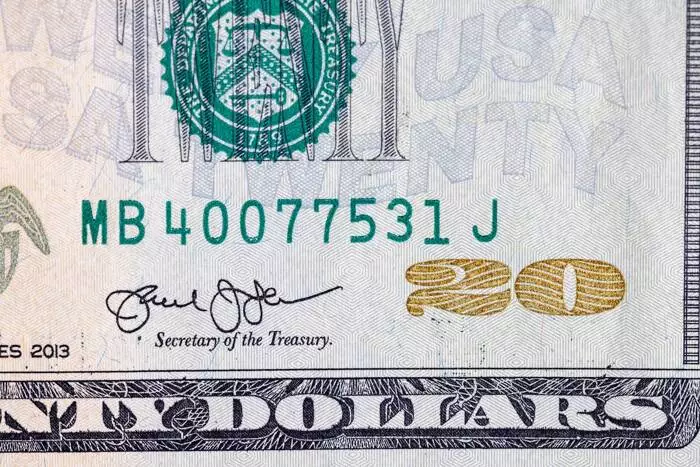As the inauguration of Donald Trump approaches, significant departures from political norms are already reshaping expectations for his upcoming administration. Unlike his predecessor, Joe Biden, who graciously attended the inauguration of his successor four years prior—a courtesy that Trump chose not to extend—this ceremony promises a different tone. For the first time, world leaders have been invited, with China’s President Xi Jinping opting to send Vice President Han Zheng in his stead. This shift signifies an attempt to foster international goodwill and engage with global partners amidst a backdrop of fraught diplomatic relations.
Joining the political elites, several influential figures from the technological and business sectors are set to mark their presence at this historic event. Notable confirmations include tech giants Elon Musk and Jeff Bezos, as well as the social media titan Mark Zuckerberg. Their attendance symbolizes a potential new alliance between the government and the tech world, which could influence policy direction significantly. The nomination of Musk and Vivek Ramaswamy to lead the newly proposed Department of Government Efficiency (DOGE) underscores the emphasis on innovation and efficiency that Trump seeks to inject into the federal bureaucracy.
Trump’s promised policies concerning immigration already cast a long shadow over his second term. He has pledged to spearhead what he calls the “largest deportation program in American history,” targeting undocumented migrants and reaffirming his stance on illegal immigration. This announcement has stirred considerable debate, raising concerns of humanitarian implications and its impact on communities across the nation. His administration is poised to roll back many existing immigration reforms instituted by Biden, invoking discussions on human rights and social justice that dominate the contemporary American landscape.
Economically, Trump’s approach appears firmly aligned with protectionist principles reminiscent of his first term. Observers can anticipate renewed trade tariffs which could lead to strains in international trade relations and provoke retaliatory measures from affected countries. The anticipated executive orders on economic policy signal a volatile short-term outlook for key asset classes, including currencies and stocks. One can expect substantial market reactions as investors navigate the implications of these swift changes.
The first day of Trump’s presidency is likely to be a whirlwind of activity, potentially consisting of over 100 executive orders aimed at reversing his predecessor’s policies. While this level of intensity is standard practice during transitions, Trump’s anticipated agenda may prompt a seismic shift in many policy areas, from energy to federal workforce management. Critics and supporters alike remain on high alert for statements or actions that aim to redefine the US approach to governance, pressing the boundaries of institutional normativity.
This inauguration marks not just a renewal of a presidential term but a recalibration of America’s position both domestically and on the global stage. With the rhetoric and actions of Donald Trump promising to rekindle the political fervor of his base while igniting fresh concerns among critics, the ensuing administration is poised to navigate a turbulent, unpredictable landscape. Expect the upcoming days to be not just eventful but also pivotal in shaping the future of the nation, with significant ramifications felt across various sectors. As the world watches, the anticipation of Trump’s next moves continues to mount, leaving a nation divided yet engaged in the ongoing discourse of governance.

